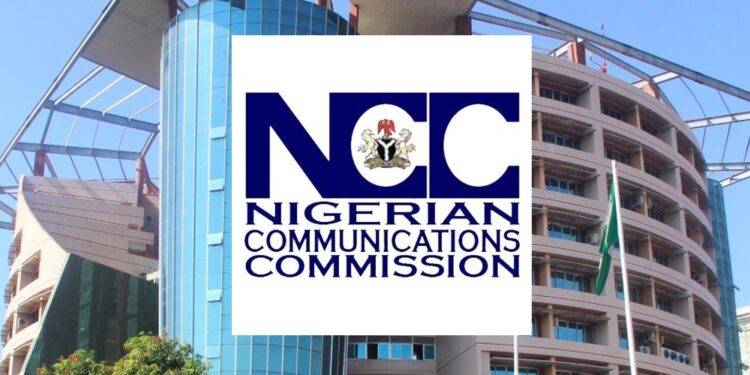NEWS XTRA

NCC, NSA CALL FOR PUBLIC SUPPORT TO SAFEGUARD TELECOM INFRASTRUCTURE
The Nigerian Communications Commission (NCC) has emphasized the need for greater public collaboration in protecting telecommunications infrastructure, warning that disruptions could have severe consequences for the economy and national security.
This appeal followed a resolution reached to prevent a proposed strike by the Natural Oil and Gas Suppliers Association of Nigeria. The strike, initially planned due to fuel supply concerns, could have halted diesel deliveries to thousands of telecom sites, many of which rely on generators amid Nigeria’s unstable power supply.
The intervention, facilitated by the Office of the National Security Adviser (ONSA) in partnership with the NCC, underscored the vulnerability of Nigeria’s communication network.
A diesel shortage would have impaired the functioning of base stations, potentially leaving millions of users without access to voice and data services.
“Telecommunications infrastructure is the backbone of our connectivity and digital economy. Any disruption has far-reaching implications for service delivery, economic stability, and national security,” stated the National Security Adviser, Nuhu Ribadu.
NCC Executive Vice Chairman, Aminu Maida, reaffirmed the Commission’s commitment to enforcing technical standards and collaborating with security agencies, network operators, and the general public to secure telecom infrastructure.
He urged citizens to view these facilities as “shared national assets” essential to business, healthcare, education, and social connections.
“We also recognise mediation as an effective tool for building consensus among stakeholders. This resolution underscores the importance of dialogue in preventing avoidable service disruptions,” he said.
“Ultimately, we call on all Nigerians to regard telecom infrastructure as a shared national asset—one that underpins our ability to connect with loved ones, transact businesses, access healthcare, pursue education, and engage in the global digital economy,” Maida added.
Industry data shows that Nigeria’s $75 billion telecommunications sector consumes over 40 million litres of diesel monthly to keep operations running due to unreliable power supply.
To address this, telecom operators are increasingly investing in hybrid energy systems. According to the NCC and GSMA, transitioning to solar power and battery storage could reduce operational costs by up to 50% and significantly lower carbon emissions.
"This represents a significant development in our ongoing coverage of current events."— Editorial Board









